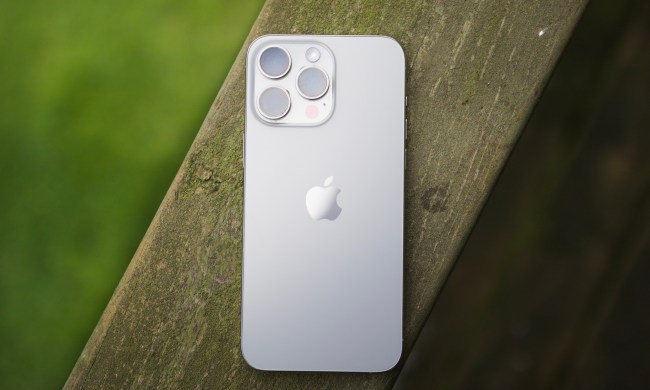Elon Musk has lashed out at Apple’s plan to partner with OpenAI to bring artificial intelligence features to the iPhone, telling Apple CEO Tim Cook directly to “stop this creepy spyware” and threatening to ban iPhones on the premises of his companies — SpaceX, Tesla, and X (formerly Twitter).
Apple announced the partnership with the ChatGPT maker on the opening day of its Worldwide Developers Conference (WWDC) on Monday. But just a few hours later, Musk fired off a number of X posts expressing his annoyance at the plan, calling it “an unacceptable security violation.”
He even replied directly to a post on X by Apple CEO Tim Cook that introduced Apple Intelligence, saying: “Don’t want it. Either stop this creepy spyware or all Apple devices will be banned from the premises of my companies.” He described it in another post as “an unacceptable security violation.”
Don’t want it.
Either stop this creepy spyware or all Apple devices will be banned from the premises of my companies.
— Elon Musk (@elonmusk) June 10, 2024
Musk said that if Apple integrates OpenAI at the OS level, people coming onto the premises of any of his companies “will have to check their Apple devices at the door, where they will be stored in a Faraday cage.”
Warming to his theme, Musk wrote in another post: “It’s patently absurd that Apple isn’t smart enough to make their own AI, yet is somehow capable of ensuring that OpenAI will protect your security & privacy! Apple has no clue what’s actually going on once they hand your data over to OpenAI. They’re selling you down the river.”
Apple unveiled a slew of new features for iOS 18 during its keynote on Monday as part of its highly anticipated push into artificial intelligence. They include Siri gaining some much-needed improvements that will include the ability to function with OpenAI’s ChatGPT chatbot.
A community note from readers that’s now disappeared, but was attached to another of Musk’s X posts, said: “Apple Intelligence does not give your personal data to OpenAI. ChatGPT can be used by Apple Intelligence, specifically Siri, but is not required. A prompt is offered ahead of time before sending your request to OpenAI, and only prompt data is shared.”
On its website, OpenAI said: “Privacy protections are built in when accessing ChatGPT within Siri and Writing Tools — requests are not stored by OpenAI, and users’ IP addresses are obscured. Users can also choose to connect their ChatGPT account, which means their data preferences will apply under ChatGPT’s policies.”
So, what’s behind Musk’s outburst? Well, there’s definitely some bad blood between the billionaire entrepreneur and OpenAI, which he co-founded in 2015 before leaving three years later over reasons that have never been fully established. Musk has been taking regular pops at OpenAI since the startup gained wider exposure in early 2023 with the success of its AI-powered ChatGPT chatbot.
Musk even sued OpenAI in March, claiming that it had abandoned its original mission to develop AI for the benefit of humanity, pursuing profit instead. It should also be noted that Musk launched his own AI venture last year, which is competing with OpenAI.
But some will say that Musk has a point about privacy and AI, with the powerful technology developing so quickly and with so few regulations that it’s not yet clear how such matters will play out. Microsoft, for example, felt compelled to make changes to its new AI-powered Recall feature recently following a backlash from people concerned about its privacy implications.


